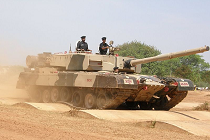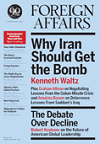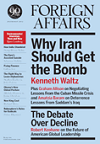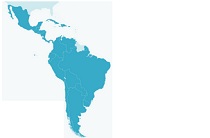Co-Investing in China with Chinese Partners
With the introduction of new legal entities, domestic and foreign investors can now co-invest in one enterprise. The 25 % corporate income tax has theoretically been eliminated, therefore offering the prospect of substantial tax savings.










